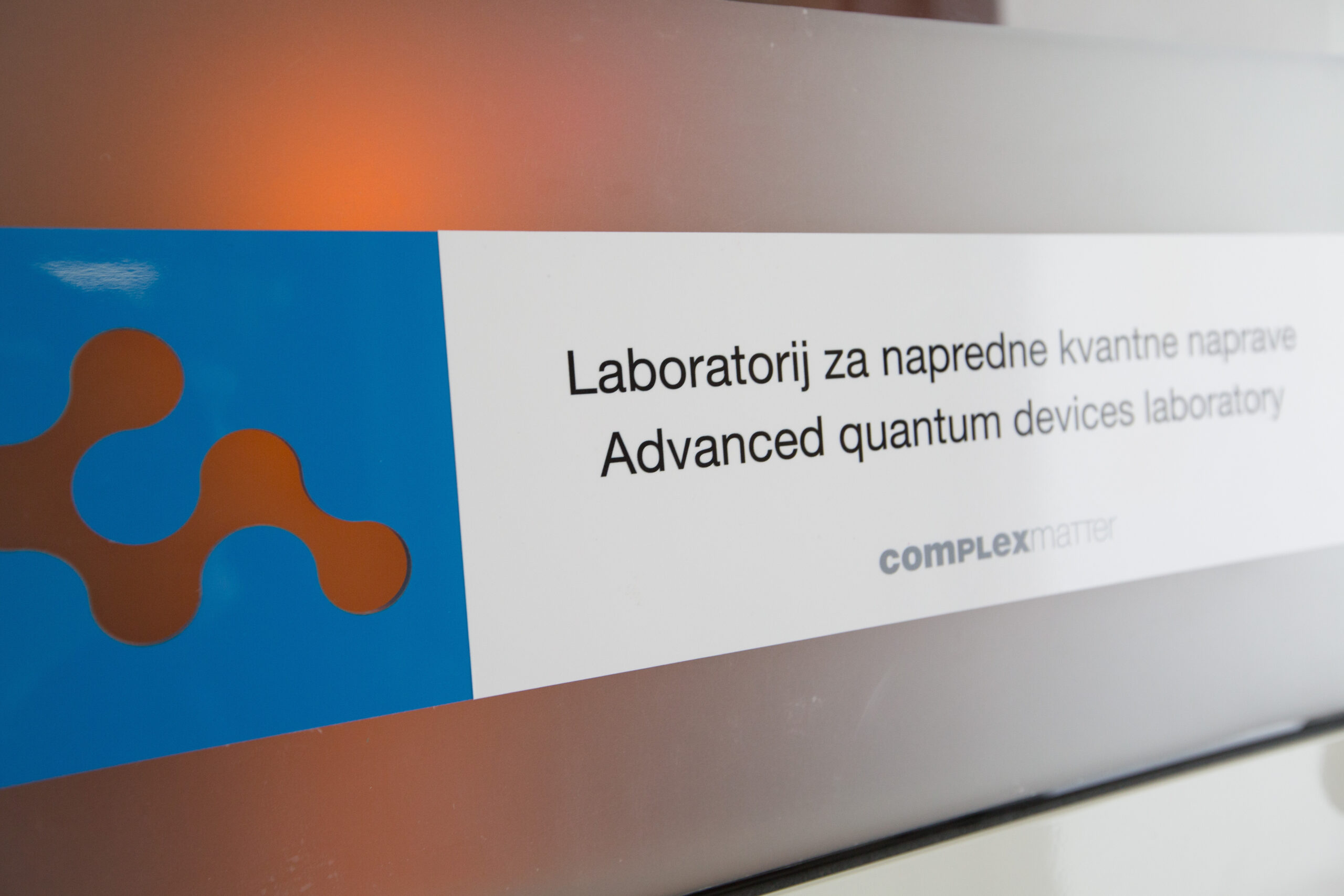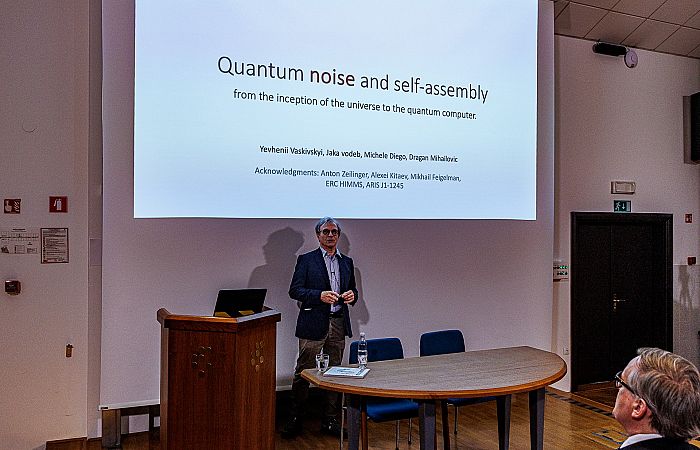Pavel Ostrovsky, Max Planck Insitute Stuttgart
We study localization phenomena in an SNS junction with a disordered metallic wire as its normal part. Standard description of the Josephson effect in such systems is based on the Usadel equation. However, the classical approach remains valid only while the junction is shorter than the localization length in the wire. In the opposite limit, quantum effects become important and the Usadel description is no longer valid.
We develop a general theory of the Josephson effect taking into account all localization (quantum) contributions. Our theory is based on the nonlinear sigma model and can be applied to junctions of arbitrary length including very long junctions (exceeding the localization length) when a fully quantum description is required. Applied to the Josephson effect in this limit, the theory predicts three qualitatively different regimes depending on relation between the length of the junction, superconducting coherence length, and localization length. In all these regimes, we found analytical expressions for the current-phase relation and estimates for the critical current. In particular, we demonstrate that Ambegaokar-Baratoff relation can remain valid under certain conditions even in the strongly localized limit.

